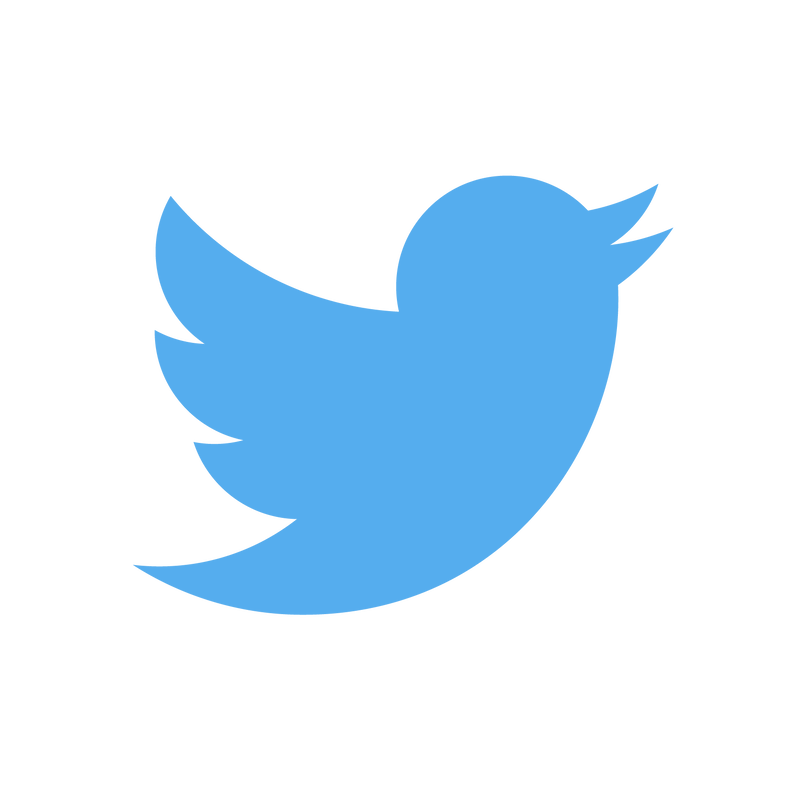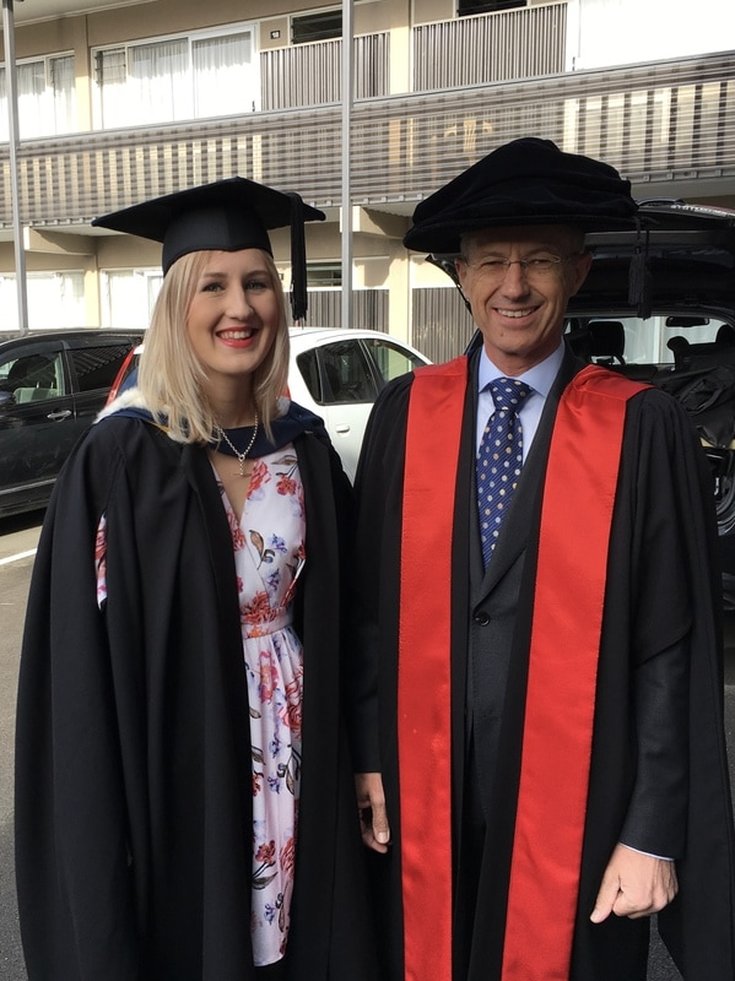|
Diversity of thought has been widely promoted in recent times, as a mechanism to supposedly increase decision quality in boardrooms. Superficially, the idea of thinking differently is a positive evolutionary development from earlier efforts (think: women on boards) to break what is often described as the Old Boys' Club. That the discourse and intent has begun to move beyond appointing directors on the basis of physical attributes is helpful. And yet, the idea of 'diversity of thought' has long troubled me. How does anyone know what I am thinking, or anyone else in the boardroom for that matter? And what is diversity in this context anyway—me having different thoughts, or several of us thinking differently? Crucially, what of any link to the board's work and purpose, which is to provide steerage and guidance to achieve a strategic goal? Researchers have published correlations based on specific datasets, but the general case (a reliable linkage between demographic diversity and organisational performance) remains elusive. The somewhat amorphous 'diversity of thought' is similarly afflicted. Recently, cognitive diversity (that is, different ways of processing information and approaching problems) has been suggested as a more reliable mechanism to achieve higher quality decisions and, by implication, outcomes. This sounds positive, but reliable explanations are yet to emerge. Why is this so hard? Could the paucity of reliable explanations (of the relationship between board work and company performance) be due to researchers, directors' institutions and others trying to explain board work and develop 'best practice' models looking in the wrong place or using inappropriate tools? What if hypothetico-deductive techniques (in search of a deterministic best practice approach to some aspect of board work) are laid to one side and methods more common in social science used (critical realism or contingency theory, for example)? Should researchers embrace the idea that boards are social organisms, and that governance is a mechanism activated by the board? For the record, I employed critical realism, long-term observational techniques and contingency theory when researching boards a decade ago, as part of my doctoral research. The study was ground-breaking for it revealed new insights about board work including an explanatory framework. If you want to learn more about this study, check my thesis (academic-speak) or this article (plain-speak). In the past few weeks, I have picked up the question again (thanks to a wandering mind on long haul flights!), and have begun to wonder if fractals and chaos theory might offer a viable pathway to developing a theory of board work. Whether this might be a fruitful search or a blind alley remains unclear. Regardless, my mission is to help boards govern with impact, so the least I can do is dig further. And dig I shall. One request: If you know about fractals, or know of anyone who possess such expertise—especially in relation to social phenomena—could we schedule a call please? I'm starting from a pretty low base!
0 Comments
This entry is a little more personal than most posted here. But, if you'll allow the indulgence... Yesterday started out like many others before it: a mix of client and administration work, video calls across timezones, director commitments and writing (The craft of board work is coming along nicely). I 'logged off' a little later than usual—around midnight—having just completed a two-hour video call with members of the Global Peter Drucker Society (advance planning for the 2022 edition of the Global Peter Drucker Forum to be held in Vienna late this year). Tired but satisfied after a long day, I prepared for bed. And as I did, my mind wandered. March 24th was significant for some reason. Then I remembered; it was Musings' birthday! Yes, ten years ago, on 24 March 2012, I stepped, with some trepidation, into the blogosphere. That first step? A three-line post. My motivation was straightforward, to share thoughts and test ideas on corporate governance, strategy and board effectiveness. At the time, I had just started on my doctoral journey (a milestone achieved in 2016). A platform to engage with academics and global leaders—and to let off steam from time to time—was going to be helpful, I thought. And so it was, and continues to be. Today, some 712 posts later, Musings has entered middle-age. From tentative first steps, to now a library of comments on professional (corporate governance, strategy, and the craft of board work), philosophical and personal topics. Whether the thinking underpinning the articles has improved over time or not is for readers to determine. Hopefully, a progression is evident. And, while the frequency with which posts have appeared has declined a little in recent years, my desire remains as it was in 2012: that each post proved valuable to at least one person. If that was achieved, the effort was worthwhile. Looking back over the decade, I have been most fortunate to have met and learned from many great thinkers, leaders and doyens of corporate governance and strategy. I have also had the privilege of serving aspiring and established directors, and boards, across five continents. Musings has been an enabler. The support and encouragement shown as I have pursued my passion—to help boards realise the potential of the organisations they govern—has made a great difference to me. Hopefully, it has been beneficial to others as well. Thank you. And, in case you are wondering, Musings, will continue to be published, for as long as readers show interest.
My intention is to pursue more meaningful exchanges of ideas elsewhere. Challenging problems (how boards influence company performance, for example) need devoted time and space for critical thought and analysis. They cannot be resolved in 140 characters. If you are interested, my thoughts on a range of topical matters including inter alia corporate governance, board effectiveness, strategy, the board's role in company performance and the compliance–performance dilemma will continue to be shared online, on LinkedIn, this blog and in published articles. Please read and debate them with your colleagues, and share your thoughts (especially strong or opposing views!). If you have a question or a request, ask and I'll respond promptly. If you have a preference for in-person discussions, as many directors do, I am available to explore topics of interest, either publicly at conferences or other forums, or privately at workshops or confidential briefings.
Monday 8 May 2017 shall, in our household anyway, be remembered as a significant date. It was on this date that a father and a daughter both crossed the stage to receive recognition for their respective achievements.
While the day was special for close family members in attendance, the awarding of academic credentials is by no means an endpoint. Rather, it marks a weigh point on a long-term journey. The priority for Megan now is to build her career in international business, marketing and customer service (get in touch if you have an opening for a willing and able staff member). I will continue to encourage boards and directors to focus on what really matters: fulfilling their responsibility for company performance.
Further to my recent announcement, the full findings of my doctoral research are now available. You can read the abstract here, or download the full thesis (all 359 pages!): Understanding corporate governance, strategic management and firm performance: As evidenced from the boardroom (5.2MB, PDF) The research is informed by a longitudinal multiple-case study of two large high growth companies. Data was collected from direct observations of boards in session, and multiple secondary and tertiary sources, creating a rich and rare data resource. The analysis revealed numerous insights, leading to a mechanism-based model of the governance–performance relationship and an explanation of how boards can exert influence beyond the boardroom including firm performance. If you would like to discuss the research (or raise a challenge), ask a question or explore how your board might benefit from the findings, please get in touch. I'd be glad to hear from you.
Longstanding readers of Musings may recall that I embarked on a journey in 2012, to try to understand whether boards of directors are able to influence the performance of the company they govern and, if so, how. The journey has been long and arduous, with many challenges and setbacks along the way to be overcome. That journey, my quest to answer a most difficult question, has reached an important milestone, the awarding of a doctorate degree. I'm thrilled that the examination panel has seen fit to recognise the groundbreaking research, a longitudinal study of the boards of two large high-growth companies. The panel's decision confirms the validation provided by the academic community late last year. Here is the doctoral citation: Boards of directors have been the subject of considerable research attention in recent decades. While a large body of knowledge has been published, substantive evidence to explain how boards actually exert influence over firm performance from the boardroom has remained elusive. Crow conducted a longitudinal multiple-case study of two large New Zealand-based high-growth companies. Data was collected from direct observations of boards in session, and multiple secondary and tertiary sources, creating a rich and rare data source. The analysis revealed numerous insights, leading to a mechanism-based model of the governance–performance relationship and an explanation of how boards can exert influence beyond the boardroom including on firm performance. Copies of the abstract and full thesis are now available. If you want to ask a question, discuss some aspect the research or understand the implications for board effectiveness, please get in touch.
The challenge of influencing business performance from the boardroom is one that should not be taken lightly. Recently, I was invited by MILE (Medinah Institute of Leadership and Entrepreneurship) to discuss this topic with an international audience, in a webinar format. While the audience was primarily from the Gulf States, the comments have widespread applicability. Though biassed(!), I commend the webinar recording to you. If, having watched it, you would like to discuss any aspect of the presentation including implications for your board; challenge any claims; or, arrange an similar presentation to your colleagues, please get in touch. I am at your service. Several months ago, the editors of Ethical Boardroom contacted me to write another article for their magazine. Previously, I'd written articles on governance issues in New Zealand and Australia and accountability; and, provided a commentary piece on internships. Given a free reign (within the bounds of editorial deadlines), I agreed to share some observations about the boards of social enterprises and, in particular, explore board effectiveness—all based on recent experiences in boardrooms and with members of social enterprise boards. The article is now available here. The commentary, which has generated considerable interest and feedback—including amongst directors and boards of profit-seeking companies—suggests that the 'secret' of effective board contributions lies in board members looking ahead and working together towards an agreed goal. My doctoral research bears this out: the board's ability to exert influence from and beyond the boardroom (including over firm performance) seems to be contingent on the board maintaining a close involvement in strategic management, and a few (I found five) characteristics of directors and social interactions being expressed as the board does so. If the large number of people that have already seen the article and asked questions is any indication, the topics of board effectiveness and sustainable business performance are of great interest. The feedback has been gratifying. Thank you. If you want to learn more about board effectiveness; the underlying 'performance' characteristics of boards; or, how to embrace a high performance board environment, please get in touch.
This musing is a little more personal and introspective than most written here. It has been written in the spirit of one of my core values: openness. I hope you allow the indulgence. In recent days, three people have contacted me because they had noticed that Musings had 'gone quiet'—they had noticed that no new articles had been posted for three weeks. I was blown away, that people had even noticed, let alone reached out. They wanted to know whether everything was OK and if was I still writing. The short answer is 'yes, I'm fine'. The reason for the three weeks of 'blog silence' (is that what one calls the blog equivalent of 'radio silence'?) is that I've been very busy. Several demanding priorities saw me fully committed elsewhere (I won't bore you with the details, save to say that big task included making sense of some seemingly contradictory information related to a crucial aspect of my thesis). Then, an unexpected delay to one project resulted in me being overcommitted for a few days. As a consequence, something needed to give, so I temporarily stopped writing articles for Musings. That's all. The craziness of the past three weeks has passed, meaning normal transmission can resume. Top priorities in the short term are to tidy up the remaining loose ends before resubmitting my doctoral thesis; respond to several speaking and advisory enquiries; travel domestically and internationally to fulfil client and conference commitments; and, to write some new Musings articles (first up, a summary piece on the recent Institute of Directors Annual Conference). I'm looking forward to it.
Do you know the origin of the well-known saying 'it's better to give than receive'? This phrase (from the Bible) calls our focus into question: are we better to have an outward mindset for the benefit of others, or to concentrate on self? This dilemma has been front of mind over the last twenty-four hours. The following list is a snapshot of the important giving and receiving tasks that I need to complete over the next seven days:
So, a busy seven days lies in wait, with some important giving and receiving tasks along the way. My week highlights a dilemma faced by many busy people: where should one's priorities be placed? All of the tasks are important—but are any more important? If compromises are required, what should prevail? Better to spend time preparing for the teaching and speaking commitments, or the examination—to give or to receive? If you are facing a similar challenge this week, what yardstick will you use to make your choices?
|
SearchMusingsThoughts on corporate governance, strategy and boardcraft; our place in the world; and other topics that catch my attention. Categories
All
Archives
May 2024
|
|
Dr. Peter Crow, CMInstD
|
© Copyright 2001-2024 | Terms of use & privacy
|









